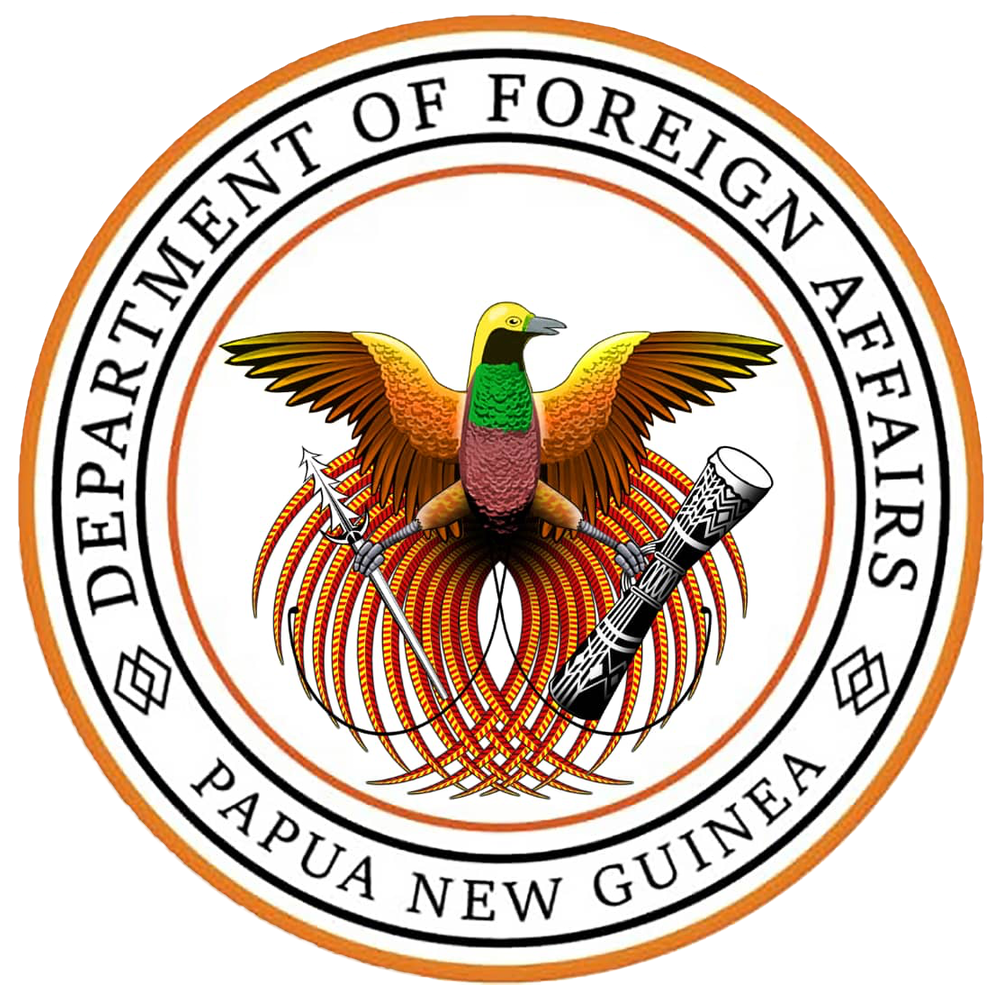About PNG: Constitutional Framework
Papua New Guinea's constitution was adopted upon gaining independence from Australia on September 16, 1975. The constitution serves as the supreme law of the country and outlines the fundamental principles, structure of government, and the rights and freedoms of its citizens.
The country is a constitutional monarchy and a member of the Commonwealth. The British monarch, represented by a governor-general, is head of state, and the prime minister is head of government. The unicameral National Parliament has 111 members who are elected to serve five-year terms. Of those, 89 represent single-member "open" electorates (districts); each of the other 22 represents one of the provincial electorates. Parliament nominates the governor-general, who is then appointed by the British monarch. Parliament also elects the prime minister, who in turn appoints the ministers of the National Executive Council (cabinet).
The executive branch is headed by the Prime Minister, who is the head of government. The Prime Minister is the leader of the political party or coalition with the most seats in the Parliament. The Cabinet, appointed by the Prime Minister, consists of ministers responsible for various government portfolios.
The Parliament of Papua New Guinea is the unicameral legislative body. It is made up of Members of Parliament (MPs) who are elected by the citizens. The Parliament is responsible for making laws, approving the budget, and overseeing the executive branch
The judiciary is independent of the executive and legislative branches. The highest court is the Supreme Court, which has the authority to interpret the constitution and hear appeals on constitutional matters. Other important courts include the National Court and the District Courts.
Papua New Guinea is divided into provinces, each with its own provincial government. These provincial governments have certain powers and responsibilities, providing a degree of decentralization in the governance structure. Beneath the provincial level, there are Local Level Governments (LLGs) responsible for local administration in districts and local-level government areas.
Amendments to the constitution can be made through a specific legal process, often involving a two-thirds majority vote in the Parliament. The constitution includes provisions safeguarding certain fundamental rights and freedoms of individuals.

